The Ultimate Study in Canada Checklist (Arrival Edition)
After completing the seven crucial steps in our Pre-Arrival Checklist, you are ready to go! You have done the heavy lifting and have received your student permit, booked a flight towards Canada, and packed your bags. Now, what?
Here is a short but info-packed guide to help you transition to Canada with ease, listing the primary things you have to do upon your arrival.
1. Follow the COVID-19 requirements
While we are still in the pandemic, several measures are in place especially for people flying into Canada. Before flying, you need to take a pre-flight COVID-19 test and have a quarantine plan in place. Be sure you download the ArriveCAN app on your phone to have the mandatory travel information ready.
When you land, a Border Service Officer will evaluate your ability to follow COVID-19 protocols and requirements. This also includes your ability to abide by your learning institution’s COVID-19 readiness plan which may include a 14-day self-quarantine period. These COVID-19-related evaluations will be done on top of the usual check such as the reason for travel and proof of financial capacity.
You will also have to take a COVID-19 test upon arrival. After that, you should go directly to your pre-booked hotel where you will quarantine for three days.
If you need to dive deeper, you can visit the Canadian Government website for information on travels during the COVID-19 pandemic.

2. Search for your long-term accommodation
- Finding a place to rent can be challenging, especially if you are in big cities like Vancouver or Toronto and working on a tight budget. If you opt-out of the available university or college accommodation, and you do not have friends or relatives nearby, renting a room in a shared house could be the most affordable alternative. Listed below are the most common websites to find a place to rent:Kijiji.ca
- Padmapper.com
- Facebook Marketplace
- Facebook Groups (search for [Your nationality] + [city] for example “Vancouver Filipino Community”)
- Craigslist
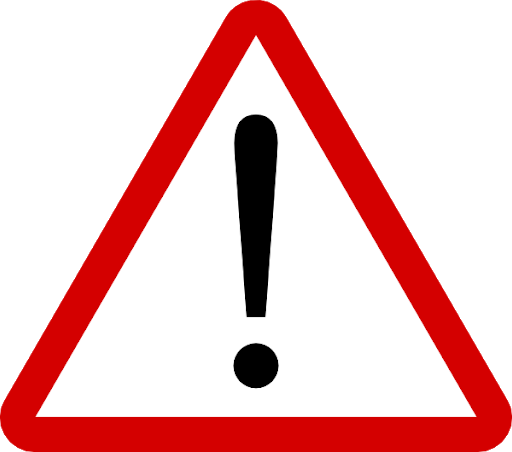
Do not agree to give down payment without seeing the place and without signing any tenant-renter agreement. Sadly, scams related to accommodation targeting newbies like you exist.

3. Apply for the Provincial Health Service Plan
The cost of health and medical services in Canada is expensive. Hence, every international student should have active health insurance coverage during the duration of their studies. Some universities and colleges include a health insurance premium on their tuition fees. Alternatively, students can apply for the provincial health service plan for free or for a premium.
For instance, those studying in an institution located in British Columbia for more than six months are required to apply for the BC Medical Service Plan. The premium to be paid is $75 per month, but this covers your basic medical care in Canada including most physician and hospital services. To give you an idea, without insurance, a simple trip to a General Practitioner for a consultation can cost at least $80. If the doctor prescribed you to do a diagnostic blood test, depending on what needs to be tested, it can add a cost of at least $50. So, get your health insurance, whether provincial or private, as soon as possible!
4. Apply for your Social Insurance Number
The Social Insurance Number (SIN) is a nine-digit number issued by the Government of Canada to administer various government programs and benefits. SIN is also required when you apply for a job. To get your SIN, go to the nearest Service Canada office. You will be asked for a SIN password which you will use to confirm your identity across various government services.

Your SIN is confidential and must be protected. Only provide it to other entities when legally required, for instance, your employer or your bank. Identity theft can happen if your SIN falls into the wrong hands.
5. Settle your finances early and open a Canadian Bank Account
Cashless transactions are very common in Canada, and so getting your bank account set up and having your debit and credit card sorted early can help avoid unnecessary hassle. Several banks offer student packages with free set-up and maintenance fees plus other perks.
Below is the list of Canada’s top 5 banks offering Student Accounts. Explore each one of them to see the best fit for your needs and preferred benefits:
- RBC Advantage Banking for Students
- Scotiabank Student Account
- TD Student Chequing Account
- BMO Student Bank Account
- CIBC Smart for Student

Kudos for taking this huge leap of studying abroad! Canada is a fantastic place to undertake your studies with its world-recognized quality education, diverse culture, breathtaking sceneries, and employment opportunities. If you need further assistance, send us a message at Global Study Guide, and one of our partner agents will be in touch to help you out.


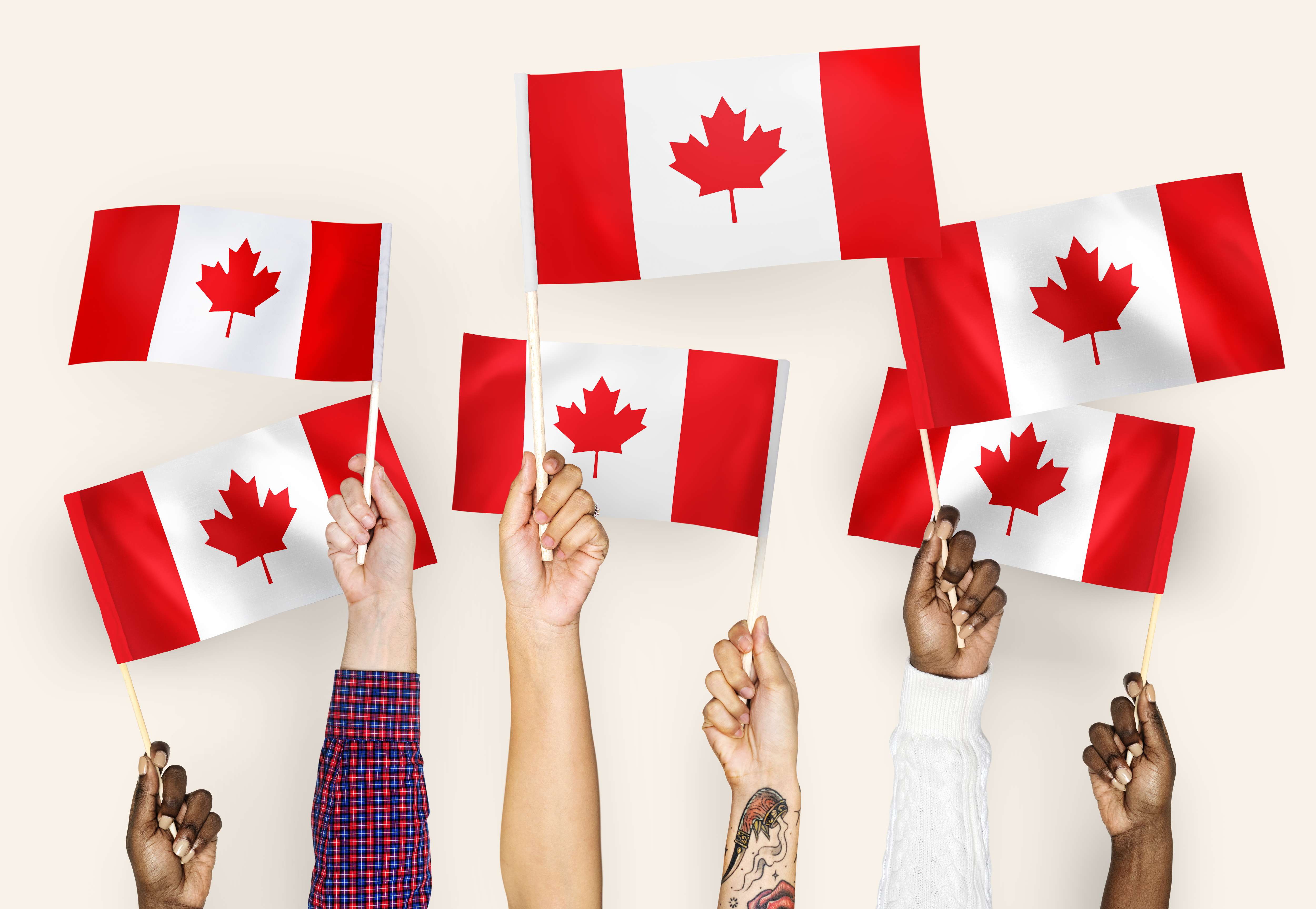








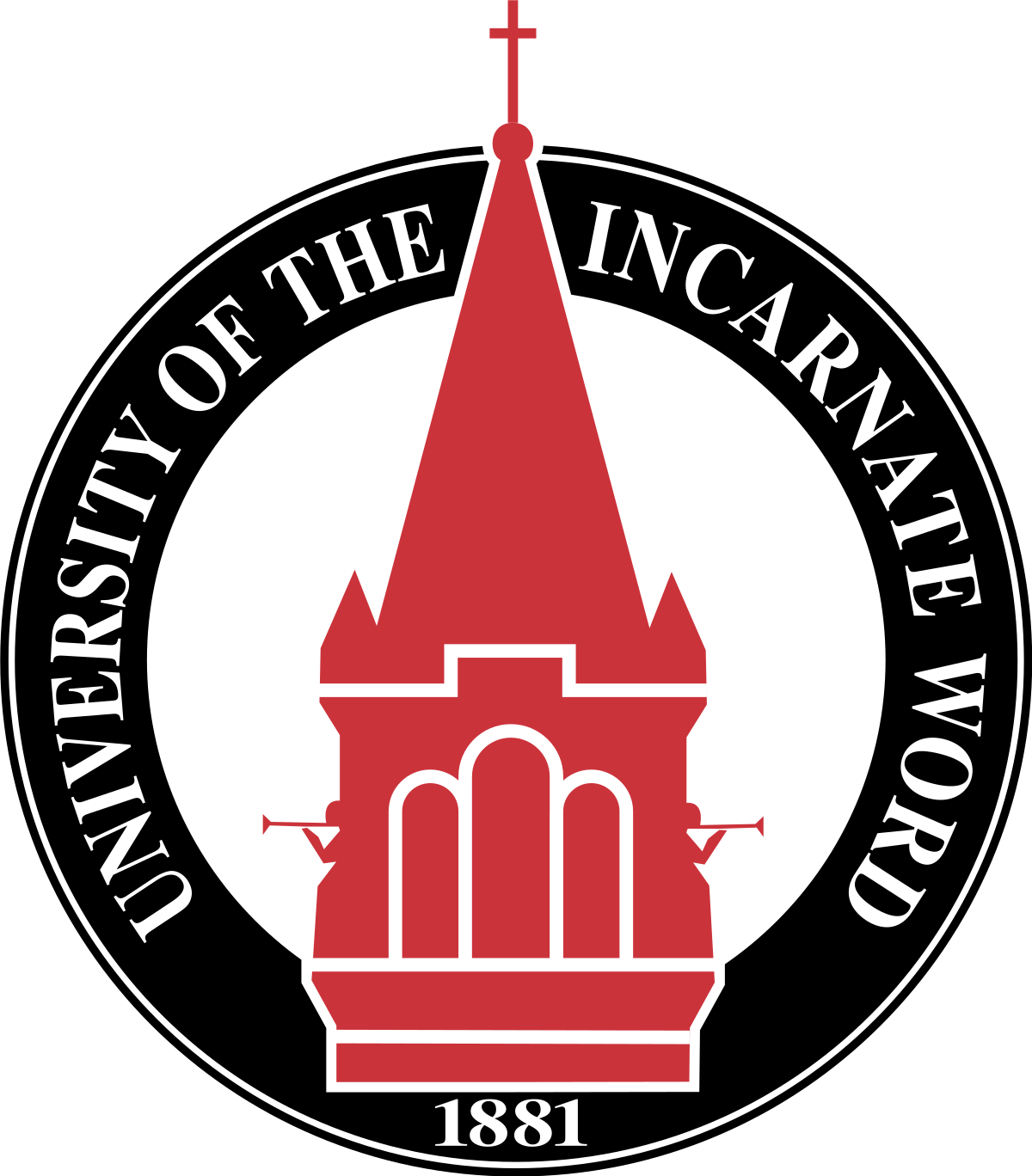


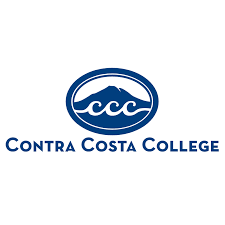



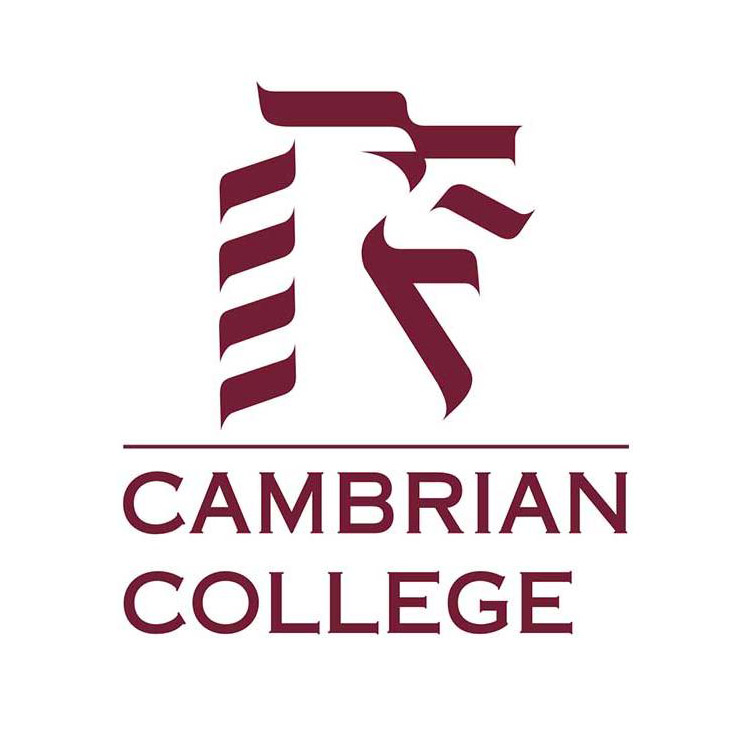
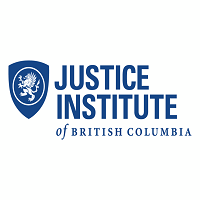
Comments (0)